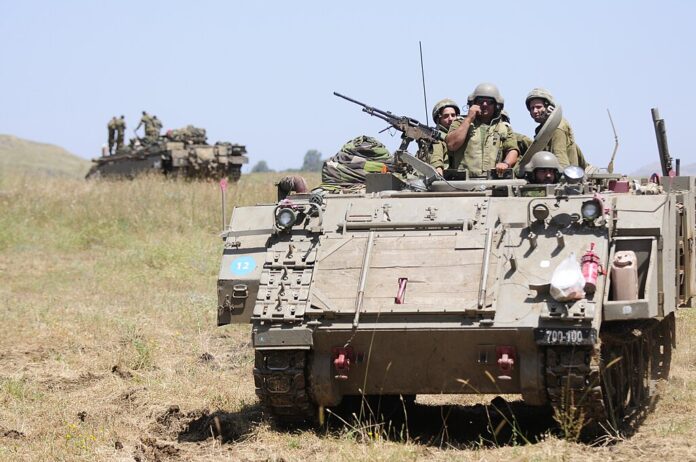Rocket hits Israeli Kibbutz as IDF concedes interception failed due to human error
Panic gripped Kibbutz Nirim on Sunday night when a rocket fired from the Gaza Strip slammed into a neighbourhood under construction, causing structural damage and raising serious questions about Israel’s air defence protocols.
The projectile, launched from southern Gaza, struck the Eshkol Regional Council area around 9 p.m., sending sirens blaring across the border region. Fortunately, no injuries were reported. However, residents and officials expressed alarm after the Israel Defense Forces (IDF) admitted that the mortar shell had not been intercepted—due to what they described as “human error”.
This latest escalation comes just one week after the Israeli government lifted long-standing security restrictions in seven border communities, including Kibbutz Nirim. The restrictions had been in place for months amid ongoing hostilities and threats of renewed attacks from Gaza-based militants.
“In response to the alert activated in Nirim at 9 p.m., one launch from the southern Gaza Strip toward Israeli territory was identified. It fell in the Nirim area. There were no casualties,” read an initial IDF statement.
Hours later, a second statement followed—one that revealed a disturbing lapse in Israel’s air defence response. “Following the fallen mortar [shell] in the area of Nirim, the IAF [Israeli Air Force] conducted an initial inquiry tonight (Sunday). The inquiry suggests that the mortar wasn’t intercepted due to human error. The lessons have been learned and will be implemented immediately.”
Embed from Getty ImagesImages released by the Eshkol Regional Council showed significant damage in the impact zone. Concrete slabs, construction materials, and scaffolding were strewn across the area, underscoring the threat that rockets—even those landing in seemingly unpopulated or incomplete areas—continue to pose.
Though no militant group immediately claimed responsibility for the launch, the IDF typically holds Hamas, which governs the Gaza Strip, accountable for all rocket fire from the territory.
The incident has reignited concerns among Israelis living near the Gaza border, many of whom say they live in constant fear of renewed violence despite official assurances. The admission of an error in the interception process has added to public frustration, particularly in communities that had only just seen a relaxation of heightened alert levels.
This is not the first time questions have been raised about the reliability of Israel’s missile defence systems during periods of lower-intensity conflict. While the Iron Dome is widely regarded as one of the most sophisticated interception systems in the world, it relies heavily on accurate human judgement when determining which threats to prioritise.
Military officials insist the mistake will not be repeated. “Protocols will be revised, and operational training will be intensified to avoid future failures,” a senior IDF officer told local reporters on condition of anonymity.
For the residents of Nirim, the reassurances offer cold comfort. Many are still haunted by past attacks and say the feeling of safety is an illusion when even minor errors can allow rockets to penetrate defences.
The attack serves as a stark reminder that despite lulls in fighting, the Gaza-Israel border remains volatile. As ceasefire negotiations continue to stall and diplomatic efforts falter, both sides appear locked in a cycle of provocation and retaliation—leaving civilians to bear the brunt.
As of now, no further rockets have been reported, but the IDF says it remains on high alert. Additional air defence units have been deployed near border communities, and aerial surveillance over southern Gaza has been intensified.
Whether Sunday night’s incident will trigger a broader military response remains to be seen, but for those living within range of Gaza’s arsenal, the fear is ever-present—and the margin for error is far too thin.
